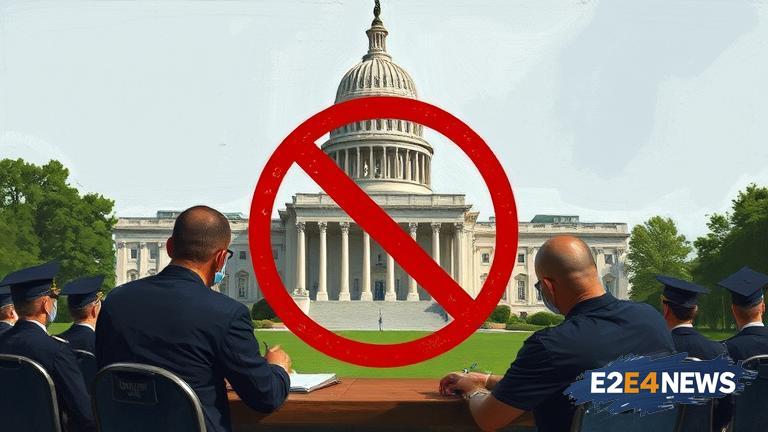Iowa Governor Kim Reynolds has signed a bill into law that bans schools from teaching critical race theory, a concept that has sparked intense debate across the United States. The bill, which was passed by the Iowa legislature earlier this year, prohibits schools from teaching that the United States or the state of Iowa is fundamentally racist or sexist. The law also bans schools from teaching that individuals are inherently racist or sexist based on their race or sex. Governor Reynolds has stated that the bill is necessary to prevent the teaching of divisive concepts in schools. However, critics of the bill argue that it will stifle discussions about racism and sexism in schools and prevent students from learning about the complex history of the United States. The bill has sparked a heated debate about the role of education in addressing issues of diversity and inclusion. Some argue that critical race theory is a necessary tool for understanding the ways in which racism and sexism are embedded in American society. Others argue that the theory is too divisive and that it promotes a negative view of the United States. The Iowa bill is part of a larger trend of states passing laws that restrict the teaching of critical race theory in schools. Similar laws have been passed in states such as Texas, Oklahoma, and Tennessee. The laws have been met with opposition from educators and civil rights groups, who argue that they will have a chilling effect on free speech and academic freedom. Despite the controversy, Governor Reynolds has stated that she is committed to ensuring that Iowa schools provide a high-quality education that is free from divisive concepts. The law is set to go into effect on July 1, and it is unclear how it will be enforced. Some schools have already begun to review their curricula to ensure that they are in compliance with the new law. However, others have expressed concerns about the impact that the law will have on their ability to teach about issues of diversity and inclusion. The debate over critical race theory is likely to continue in the coming months, with some arguing that it is a necessary tool for promoting social justice and others arguing that it is a divisive concept that has no place in schools. As the law goes into effect, it is likely that there will be ongoing discussions about the role of education in addressing issues of diversity and inclusion. The law has also sparked a debate about the role of government in regulating what is taught in schools. Some argue that the government should not be involved in dictating what is taught in schools, while others argue that it is necessary to ensure that schools are providing a high-quality education. The issue is complex and multifaceted, and it is likely that there will be ongoing discussions about the impact of the law on education in Iowa. In addition to the debate over critical race theory, the law has also sparked a discussion about the importance of teaching about diversity and inclusion in schools. Some argue that these topics are essential for promoting social justice and preparing students for an increasingly diverse world. Others argue that they are not relevant to the core curriculum and that they should not be taught in schools. The law has also raised questions about the impact that it will have on student outcomes. Some argue that it will prevent students from learning about important issues and that it will have a negative impact on their ability to succeed in an increasingly diverse world. Others argue that it will have a positive impact on student outcomes by promoting a more positive view of the United States. The debate over the law is likely to continue in the coming months, with some arguing that it is a necessary step towards promoting a more positive view of the United States and others arguing that it is a misguided attempt to regulate what is taught in schools. The law has also sparked a discussion about the importance of academic freedom and the role of educators in promoting social justice. Some argue that educators should be free to teach about any topic that they choose, while others argue that there should be limits on what is taught in schools. The issue is complex and multifaceted, and it is likely that there will be ongoing discussions about the impact of the law on education in Iowa. The law has also raised questions about the impact that it will have on the state’s economy and reputation. Some argue that it will have a negative impact on the state’s economy by driving away businesses and talent. Others argue that it will have a positive impact on the state’s reputation by promoting a more positive view of the United States. The debate over the law is likely to continue in the coming months, with some arguing that it is a necessary step towards promoting a more positive view of the United States and others arguing that it is a misguided attempt to regulate what is taught in schools.
